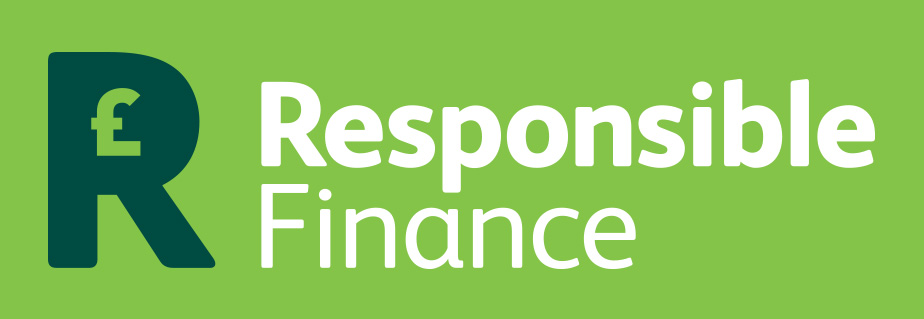Theodora Hadjimichael, Responsible Finance CEO, on how to secure long-term financial resilience for millions of people and help the UK rebuild its economy.
 This week the Chancellor announced the extension of the Coronavirus Job Retention scheme until the end of October, a move that will help protect at least 20% of the UK’s workforce from falling into unemployment and offer millions some degree of financial security over the coming months. The UK government’s business and wage interventions support many households, because SMEs employ 60% of the country’s workforce. Other measures including the increase to Universal Credit and Working Tax Credit payments and Local Housing Allowance (LHA) rates have been designed to go some way to supporting vulnerable people and low-income families.
This week the Chancellor announced the extension of the Coronavirus Job Retention scheme until the end of October, a move that will help protect at least 20% of the UK’s workforce from falling into unemployment and offer millions some degree of financial security over the coming months. The UK government’s business and wage interventions support many households, because SMEs employ 60% of the country’s workforce. Other measures including the increase to Universal Credit and Working Tax Credit payments and Local Housing Allowance (LHA) rates have been designed to go some way to supporting vulnerable people and low-income families.
Yet many people are already falling through the cracks, or are disproportionately impacted, including young and gig-economy workers, low-income families and women. Eight million people are estimated to have missed out on the Job Retention Scheme and a further two million self-employed workers will not be eligible for the Self Employed Income Support Scheme.
Some of these people and families were previously financially stable but are now in vulnerable circumstances due to the Covid-19 crisis. They risk falling into poverty, unable to afford essential food and fuel, even paying a premium for it by borrowing to make ends meet.
Those who were already financially vulnerable before the crisis face similar risks, as they anticipate further weeks with reduced or no income as the economy slowly reopens.
Several pieces of research demonstrate just how insecure the financial situation is for many households:
- Standard Life Foundation’s national financial impact tracker shows 50 per cent of UK households believe they will struggle to meet their financial commitments over the next three months.
- Yesterday’s IPPR report warned of a real possibility of many financially vulnerable households being left with additional debts to utility firms to repay when the crisis is over.
- A recent survey commissioned by Citizens’ Advice found that 20 per cent of respondents had already missed or expected to miss paying rent, council tax or telecoms bills, with young people and those in insecure work particularly likely to struggle.
- And research carried out by the Fawcett Society, the Women’s Budget Group, and academics from the Mile End Institute at Queen Mary University of London and the London School of Economics (LSE) shows that over half (51%) of parents with young children will struggle to make ends meet in the next three months.
But with access to the right support we believe that this period of financial vulnerability can be temporary for many, and they will be able to regain their financial security in the long term.
To ensure it does indeed remain temporary, financial support such as hardship grants and no interest loans should be delivered through the affordable credit sector, including personal-lending community development finance institutions (CDFIs).
These affordable credit providers already have the infrastructure to reach consumers in need, assess demand and tailor products to that demand. With increased demand for credit to cover food and other essential living costs, CDFIs must currently say no, because it would be neither responsible or affordable to lend for that purpose. But where do those consumers go? They may be forced to borrow at high rates from family and friends or unscrupulous lenders; we also know that an increased number of people are going hungry, and are forced to choose between buying food and paying rent.
So whilst we commend the measures the government has taken to prevent mass unemployment, more work is needed to enable the resilience of a large part of society. Delivering hardship funds through the responsible finance sector will help do just that. During the crisis the sector’s supportive budgeting and income optimisation advice has been a lifeline in helping people make their money go further. Our members also make smart referrals to debt management agencies such as StepChange, to enable people to get support they need at the right time.
The sector has been on a growth trajectory, working with Fair4All Finance to scale significantly – a 10x challenge – ultimately reducing the number of people paying a ‘poverty premium’ for credit. With this trajectory and infrastructure, the sector is well positioned to deliver hardship funds to secure long-term financial resilience for millions of people and help the UK rebuild its economy.
What next?
- Theodora Hadjimichael (Chief Executive of Responsible Finance) is available for comment. For interview requests, please contact Jamie Veitch on 07904 272 200 / [email protected]
